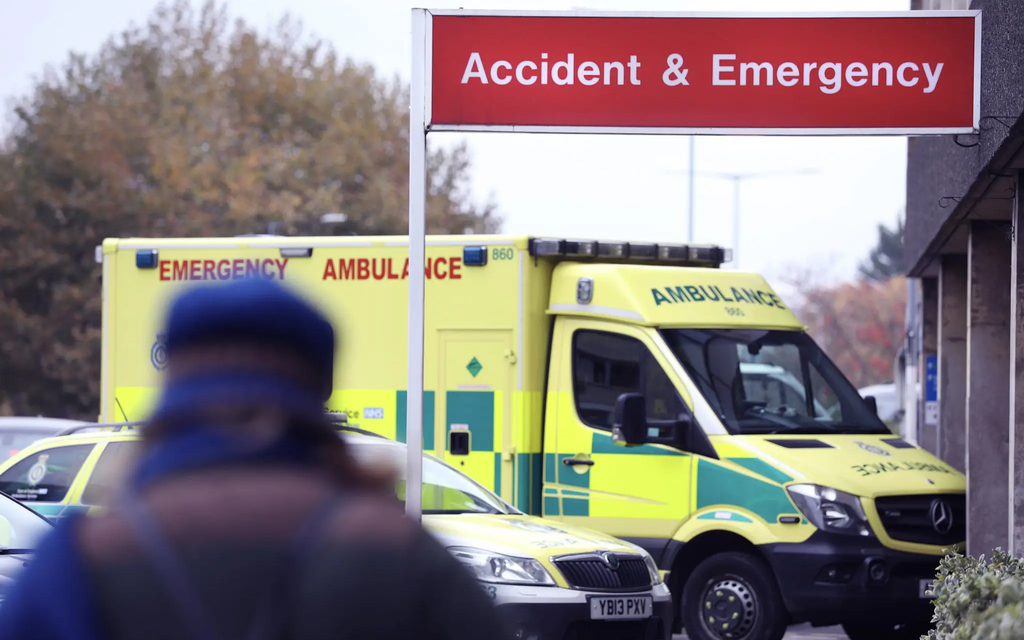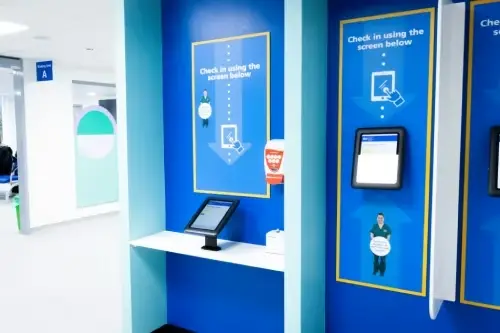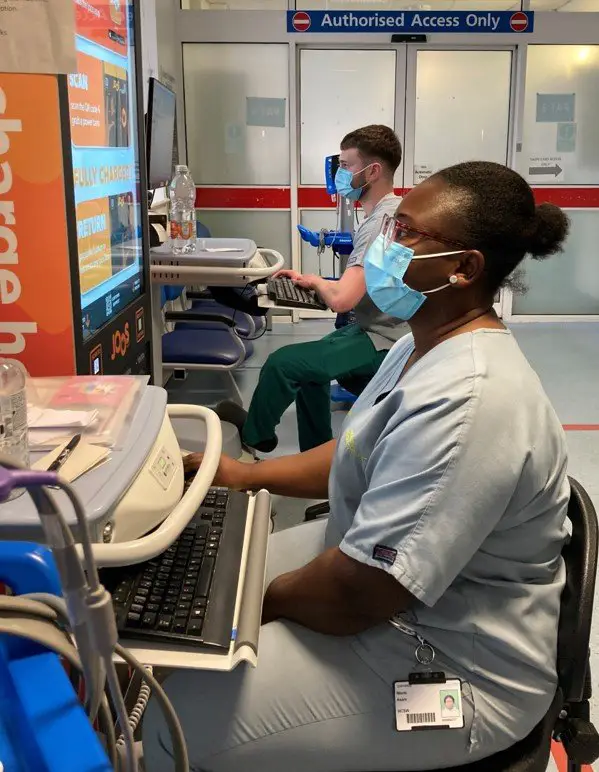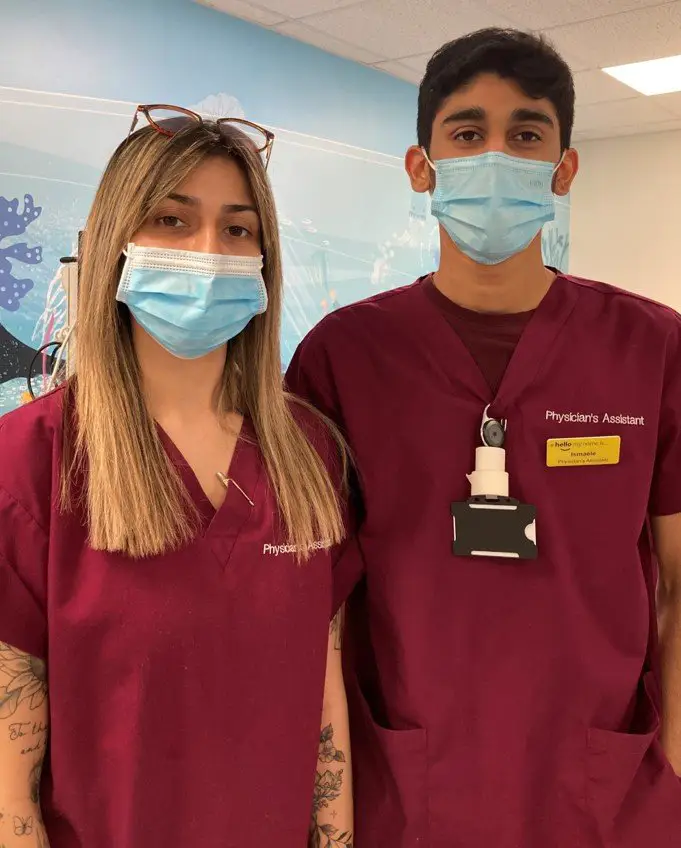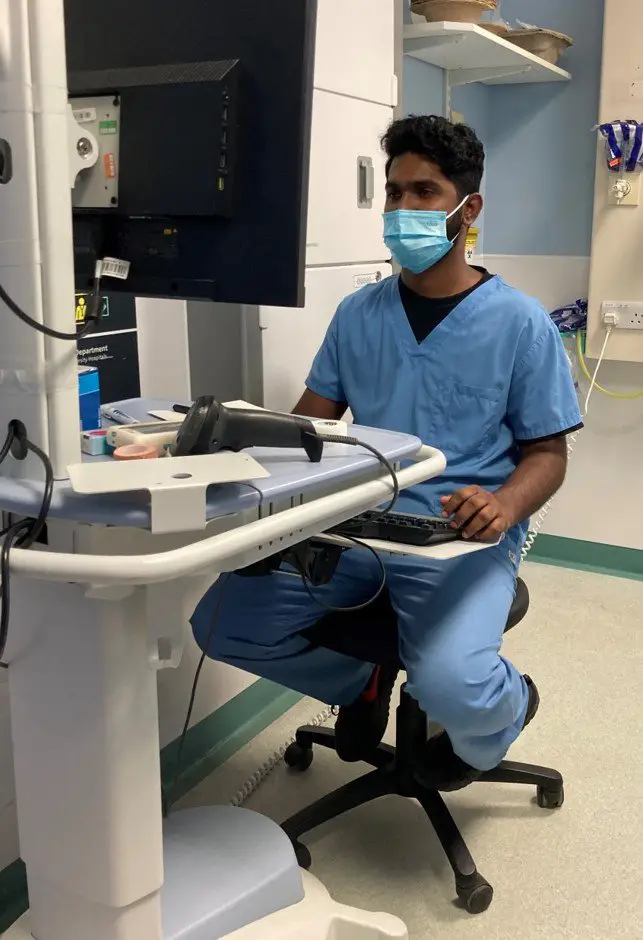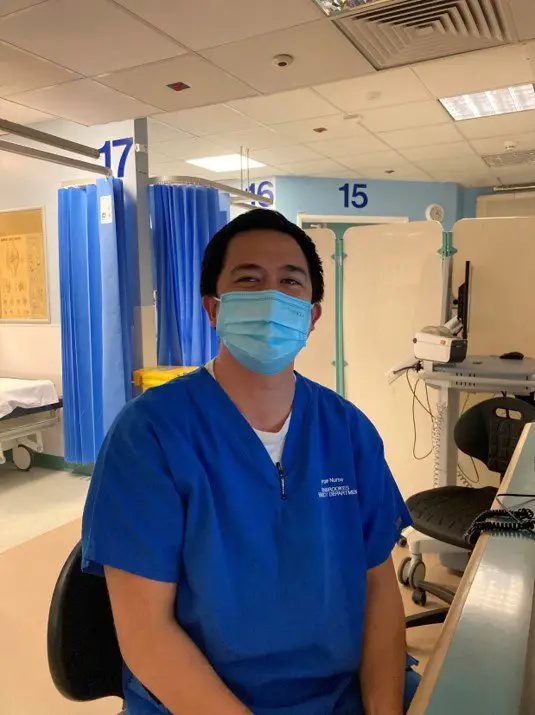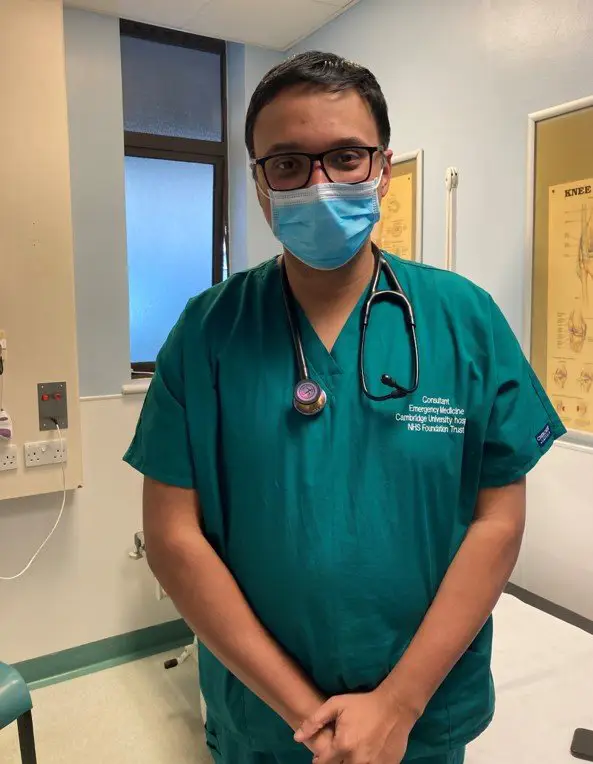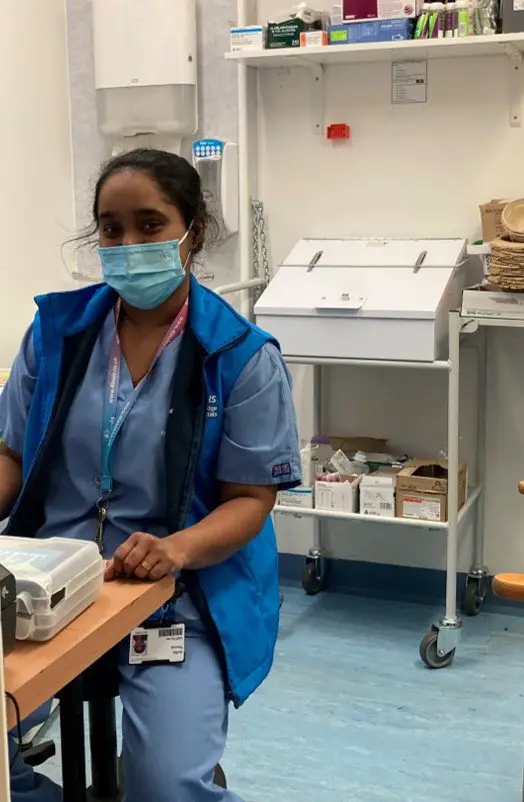We are open 24 hours a day, 365 days a year for the treatment of serious and potentially life threatening conditions.
Urgent advice: Our emergency department is very busy
If you need urgent medical help for something that isn't an emergency, remember A&E isn't your only option.
- Call 111
- Visit an urgent treatment centre or minor injury unit
- Speak to your local pharmacy
Your visit to the emergency department
The following information explains the stages you will go through during your visit to our emergency department. This Includes guidance on what to do when you arrive, triage and your assessment, through to discharge and follow up appointments.
Waiting times
Emergency departments have become busier, resulting in long waits for assessment, and for admission. We try and see everyone as quickly as we can. Unfortunately when workload is high in resus, the ambulance areas and the paediatric department we have to move doctors to these areas.
We aim to see all patients and get them discharged or transferred to a ward within four hours of patients arriving in the emergency department.
About the emergency department
Routes to the emergency department
Patients come to emergency department from:
- GPs – some patients are referred direct to speciality teams
- Walk-in self referrals, or advised to come by 111
- Ambulances
- Specialty clinics –for admission
- Other hospitals –for admission or speciality review
- The wait times for specialties varies depending upon their workload elsewhere in the hospital
- If you are waiting to see a Specialty team you may be seen more quickly than an emergency department patient, or more slowly. This one reason why some patients in the waiting room wait longer than others who arrived after them.
Areas of the emergency department
We look after patients in the following areas:
Resuscitation area (7 trolley spaces)
This is where we assess and treat the sickest patients who need immediate resuscitation or intensive care treatments.
Paediatric emergency department (8 bed spaces)
Our children's emergency department.
Ambulance bay (3 assessment spaces)
Patients are offloaded from ambulances and assessed.
Areas A, B, C and D (26 trolley spaces for majors and ambulance patients)
Patients from ambulances are assessed here if they are too unwell for the waiting room. Patients waiting admission wait here until hospital beds are available for them.
Area D is also where waiting room patients are seen. There are 14 trolley spaces, used for assessments and treatments.
Urgent care centre (UCC - Clinic 9)
GPs
We have two GPs in our UCC located in clinic 9. They are open from 8am until 11pm. If your condition is suitable, we may send you there. After assessing you, the GP may send you back here for tests or for a speciality team review.
Injuries
Most patients with injuries are assessed by emergency practitioners (EPs), who are based in the UCC. They are open from 8am to half past midnight. Most x-rays can be done in the UCC, but a few (spinal x-rays, jaws and shoulders) have to be done in the main department. If you have an injury you may be sent for x-ray then moved to the UCC.
At midnight any patients waiting in the UCC will be moved back to the emergency department waiting room to be seen in turn by the emergency department night doctors.
Complaints and raising concerns
Visit our Patient Advice and Liaison Service (PALS) page for opening times and contact details


